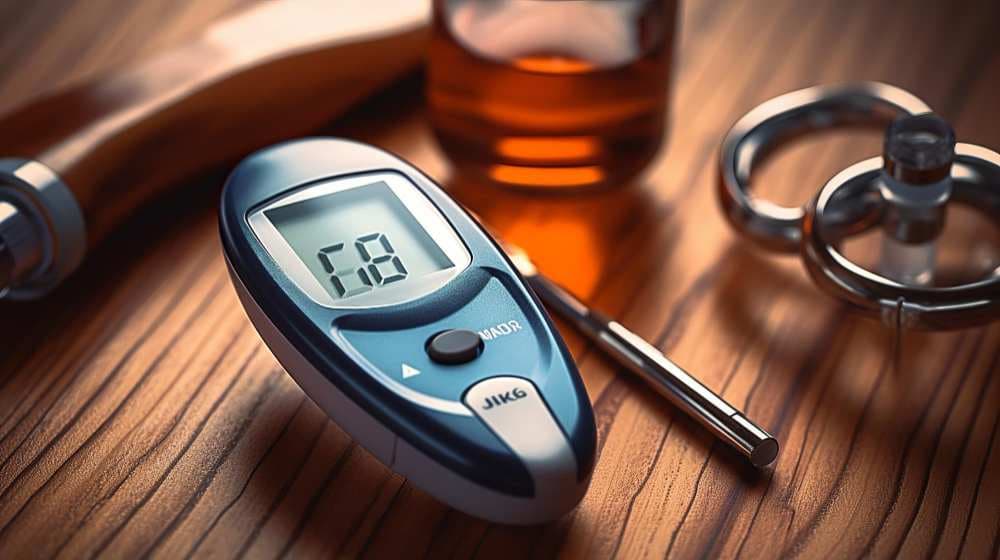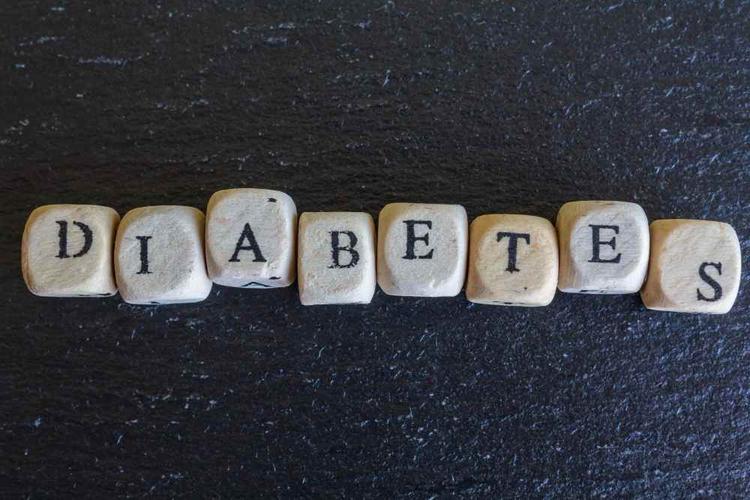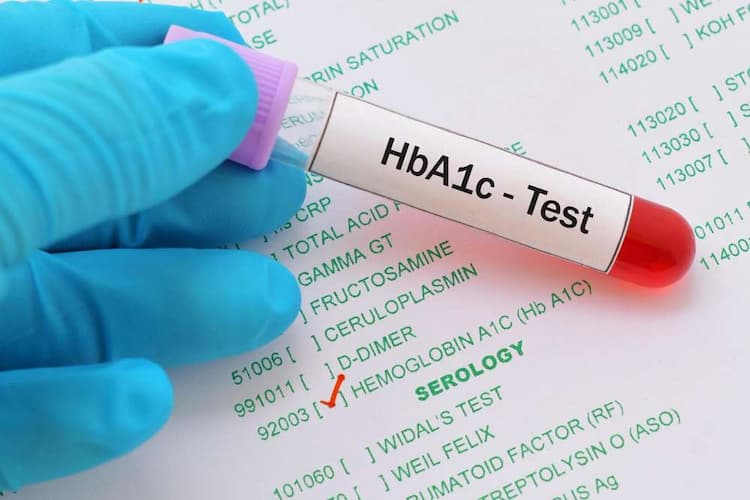The Importance of Regular Health Checkups in Diabetes Prevention

Medically Reviewed By
Dr Sohini Sengupta
Written By Meenakshi
on Nov 3, 2023
Last Edit Made By Meenakshi
on Mar 17, 2024

Diabetes is a global health challenge affecting millions of people globally. According to some studies, more than 101 million people in India are living with high blood sugar, and trust us, the rising figures are not sweet at all. With the number of cases rising with each passing day, have you ever wondered if there's a way to prevent Diabetes? While the condition may not always be preventable, there are some proactive measures that you can take to reduce your risk of developing Diabetes or manage it effectively if you already have it.
One crucial aspect that can help with diabetes prevention and management is regular health checkups. Yes, you read that right; regular health checkup is the key to a healthier, happier, and diabetes-free life. If you are still not sure how regular health checkup helps in preventing Diabetes, this blog is for you. Dig into the blog to find the importance of routine health checkups in preventing Diabetes.
But before that, let's understand the basics of Diabetes and the complications associated with it.
Understanding Diabetes
Diabetes is a metabolic disease and is a complex one that affects your body's normal blood sugar regulation function. There are different types of Diabetes, which can influence your health differently. If left unaddressed, it can lead to several health complications.
Also Read: To understand Sugar Consumption and Diabetes, you should read this.
Complications Associated with Diabetes:
- Cardiovascular Complications: If left unattended, uncontrolled elevated blood sugar can increase your risks of cardiovascular diseases, including heart attacks and stroke. It can damage blood vessels and promote the buildup of fatty deposits in arteries.
- Nerve Damage: Moreover, not paying attention to blood sugar can go beyond your heart. It can cause nerve damage, causing numbness in the feet and legs. It happens because nerves are not getting enough blood due to the damaged vessels.
- Kidney Problems: Diabetes or elevated blood sugar can influence the normal functioning of your kidneys, leading to damage.
- Infections: Moreover, uncontrolled Diabetes can also affect your immune system, making one more susceptible to infections, especially in feet.
- Dental Issues: You might be shocked that Diabetes can even lead to dental issues, like gum problems and tooth loss, but it is true.
- Retinopathy: Elevated blood sugar can damage blood vessels in the eyes, compromise vision, and even cause blindness if not managed properly.
Complications and severity of each complication can vary for every individual, depending on factors like age, gender, symptoms, medical history, and severity of the condition. Proper management of Diabetes is therefore required to minimize these complications.
Benefits Of Early Diagnosis Of Diabetes:
- Helps With Early Detection: Diabetes often develops gradually, and individuals may not notice any symptoms until it has progressed to a more advanced stage. Here comes the role of routine health checkups. Routine Diabetes Screening helps detect warning signs and high blood sugar levels, allowing timely intervention and lifestyle changes. So, do not argue whether you should or shouldn't make routine health checkups a part of your life.
- Risk Assessment: Moreover, getting yourself routinely tested may help doctors assess your risk of developing Diabetes. Age, gender, weight, family history, and lifestyle choices are some of the major factors contributing to the high risk of Diabetes, and regular checkups help assess them, allowing individuals to make informed health-related decisions to prevent Diabetes or at least delay the onset of the Diabetes.
- Monitor Blood Sugar Levels: Regular blood tests, including fasting blood glucose and an HbA1c Test, have a significant role in helping monitor blood sugar levels. Elevated blood sugar levels usually indicate prediabetes or Diabetes. Measuring and monitoring blood sugar levels helps healthcare practitioners manage them through diet, exercise, lifestyle changes, and, if necessary, medications.
- Medication Adjustments: Doctors may suggest routine diabetes tests to individuals previously diagnosed with Diabetes to assess the effectiveness of their ongoing medicine or treatment and make adjustments (if required).
- Prevent Complications: Unaddressed Diabetes can lead to heart disease, kidney disease, and nerve damage. Routine checkups help identify these risks early, even before the symptoms appear, allowing doctors to address any emerging issues promptly and helping prevent complications.
All in all, routine checkups are a cornerstone in the prevention and management of Diabetes. They help with risk assessment and early disease detection, allowing timely intervention for better management. By prioritizing routine Diabetes or overall health checkups, you can take control of your health, reduce your risk of Diabetes or other diseases, and enjoy a higher quality of life.
Top Routine Diabetes Tests That Can Help:
Regular Diabetes Tests are essential to measure, monitor, and manage Diabetes with minimal complications. Some common diabetes tests that can help diabetics or those at risk are:
- HbA1c Test: As the most common blood test, the HbA1c Test helps measure average blood sugar levels over the past three months, helping understand how your body is controlling sugar. While helping assess the risk, the test helps healthcare practitioners set appropriate treatment and minimize related complications.
- Fasting Blood Sugar Test: The test aims to measure a person's blood sugar levels after overnight fasting, and it helps diagnose Diabetes, screen for prediabetes, assess blood sugar levels, and allow better management of the condition.
- Insulin Random: This test aims to help measure insulin in the blood, regardless of fasting, providing an immediate snapshot of your blood sugar levels.
Depending on your symptoms and health condition, your doctor may suggest different tests to assess your blood sugar levels and provide appropriate measures or treatments. Redcliffe Labs is the best Omnichannel Pan India Diagnostic Service Provider that you can consider to book different diabetes tests or diabetes packages for your blood sugar testing.
Remember, prevention is always better than cure, and when it comes to Diabetes, early intervention can make a world of difference. So, don't delay, and get tested today.



